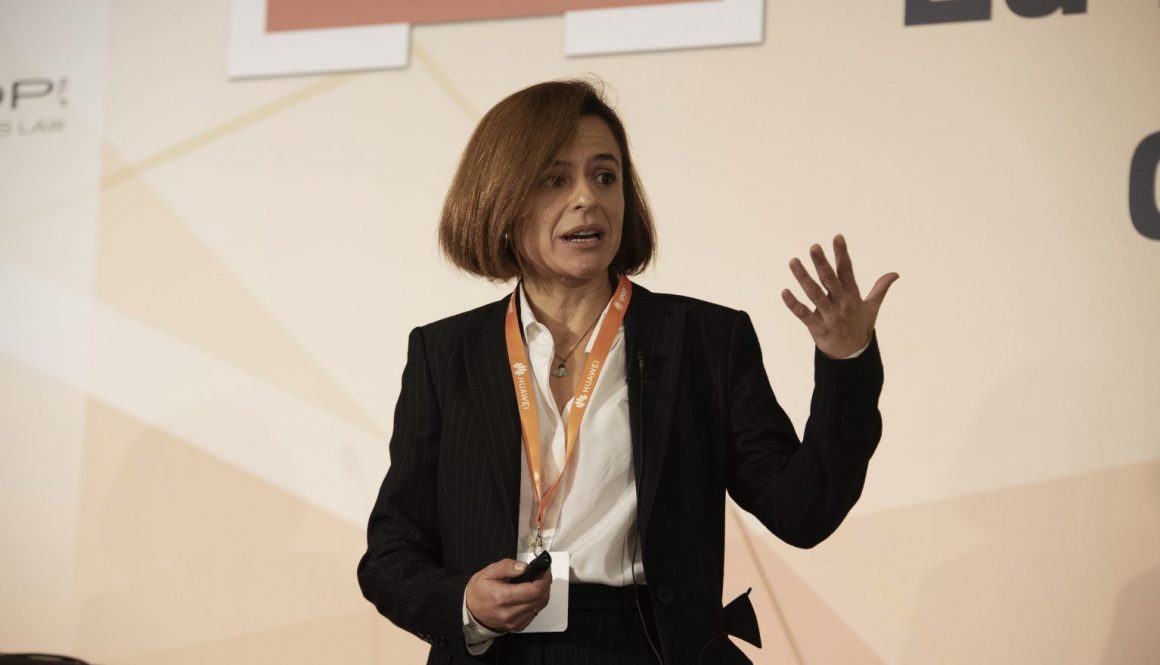
November 2018


Competition among Renewables
Natalia Fabra presented her work, co-authored with Gerard Llobet, on “Competition among Renewables” at the ETH Zürich in November 2018. She also presented it at the Simposio of Análisis Económico of the Spanish Economic Association that took place in December 2018 at Universidad Carlos III de Madrid.
Compliance with the emissions targets requires heavy investment in renewable electricity generation. By 2030, almost 80% of total generation will have to come from renewables to compensate for the weaker ability of other polluting sectors to procure their energy needs through renewable sources. For these investments to take place, producers need to assess which will be their revenue flows during the lifetime of the assets (20 years and beyond). Yet, we still do not know know how will renewables-dominated electricity markets will perform, particularly so if there is scope for strategic behaviour by renewable producers.
In this paper, we model competition among renewable producers in electricity wholesale markets, which are organised as auctions. There are two key distinguishing feature of renewable energies: they have very low marginal costs, and their availability is uncertain. Furthermore, there is asymmetric information about how much each firm is willing to produce in the wholesale market: firms find it difficult to forecast with full precision the renewable availability of their rivals; in contrast, they know exactly how much renewable electricity they have committed to produce with their own plants.
We find that firms bid more competitively when renewable capacity is private information than when it is not. Hence, market power is mitigated in renewable dominated markets. Yet, the market does not replicate the perfectly competitive outcome. In equilibrium, firms submit lower prices the higher the firm’s private signal regarding their available capacities, and such price offers are between their marginal costs and the marginal costs of the back-up technology. Hence, estimates of the price-depressing effect of renewables (the so-called merit order effect) tend to overestimate their price impact when they assume perfect competition.
We find that equilibrium market prices go down smoothly as investments in renewables go up. Prices reflect the marginal costs of the back-up technology unless the weight of renewables is a sufficient large. Further increases in renewable investment reduce their markup, leading to lower prices. The market depicts substantial price volatility, which is non-monotonic in the level of renewables investments.
We also assess market performance under an alternative auction rule (pay-as-bid or discriminatory auction), and evaluate the impact of the ownership ship structure on market prices.
The paper and slides are now available.

CEPR Workshop on Applied Industrial Organization
CALL FOR PAPERS: Link
Madrid, 13-15 June 2019
Organisers: Natalia Fabra (UC3M), Volker Nocke (Mannheim), and Ali Yurukoglu (Stanford)
The event is hosted by Universidad Carlos III de Madrid and will take place at Caixa Forum, across the street from the Prado Museum in central Madrid. Financial support for the conference is generously provided by Universidad Carlos III de Madrid, Obra Social La Caixa, Journal of Industrial Economics (JIE), University of Zurich, European Research Council (ERC), and CEPR.
Conference Details:
The Applied IO conference series seeks to contribute to the understanding of the breadth of topics analysed within the field of Industrial Organisation, including demand, productivity, competition in the short- and long-run, innovation, investment, and auctions, to develop empirical protocols and tests of economic models, to promote the exchange and the dissemination of results at the forefront of research, and finally, to evaluate current competition and regulation policies. It will cover the state of the art in both theoretical and empirical Industrial Organisation.
Last year the conference “returned to its roots” and witnessed enhanced collaboration between IO economists from both sides of the Atlantic. This year the conference hopes to sustain this development and, in addition, particularly seeks submissions analysing research questions using theoretical methods. To foster informed discussion of such work, we are happy to confirm the attendance and participation of Heski Bar-Isaac (Toronto), Dirk Bergemann (Yale), Luis Cabral (NYU), Joe Harrington (Penn), Igal Hendel (Northwestern), Ken Hendricks (Wisconsin), Justin Johnson (Cornell), Bruno Jullien (Toulouse), Leslie Marx (Duke), Massimo Motta (UPF), Xavier Vives (IESE), Frank Wolak (Stanford), and Jidong Zhou (Yale).
Young European researchers are encouraged to apply to the concurrent CEPR/JIE School for Industrial Organisation. The goal of the school is to provide a forum for young European researchers in Applied IO to get exposure for and receive feedback on their work. In an experimental format this year, researchers accepted to the school will give very short presentations of their work at some point during the conference and participate in poster sessions during extended lunch periods on both full days of the conference. Given its goals, only young researchers pursuing or having recently (within four years) received a PhD from a European economics program are eligible. Preference will be given to those students expecting to go on the academic job market in 2019-20, with additional (though lesser) preference given to other applicants according to their time since PhD completion.
Applicants to the main conference that are eligible and wish to also be considered for the school should indicate such with their submission. In such cases, no separate school application is necessary.
Please forward this call to others, especially junior faculty, who might have papers suitable for the conference or school. Papers will be selected by a committee of the organisers. Anyone may sign up to receive future calls for this conference at https://www.econ.uzh.ch/en/
